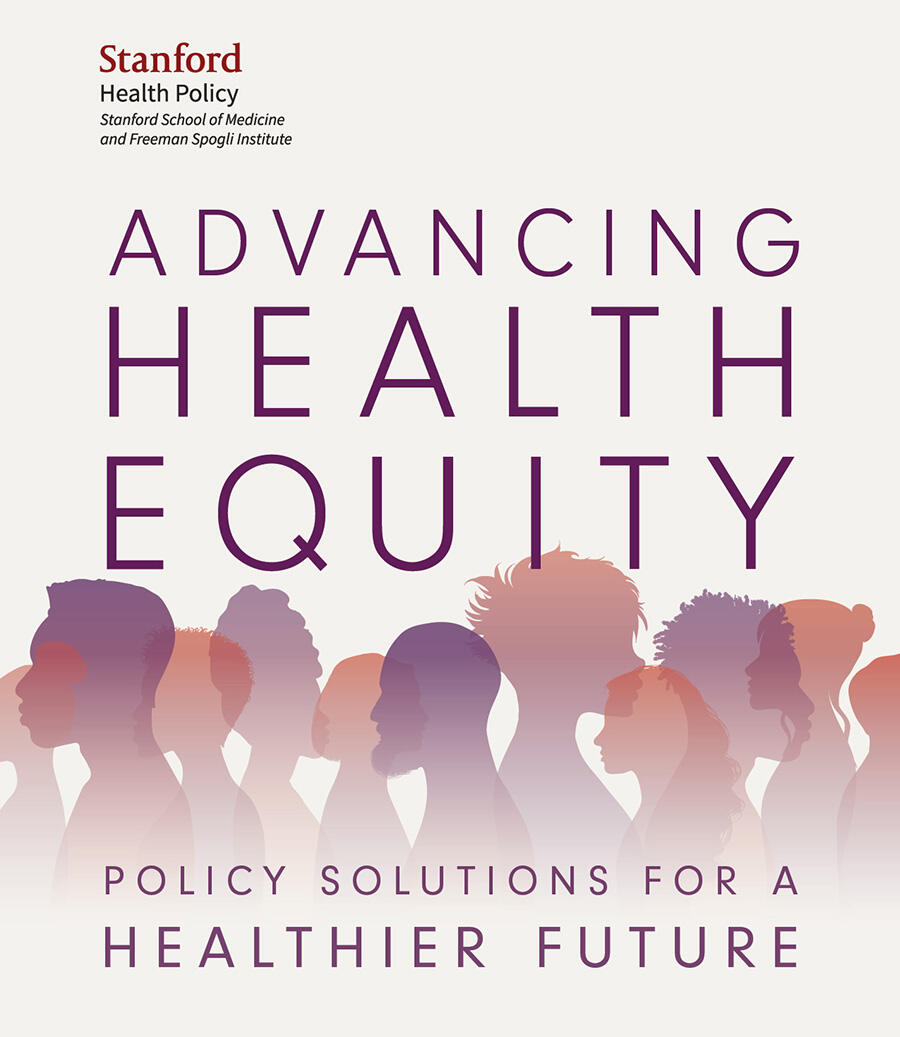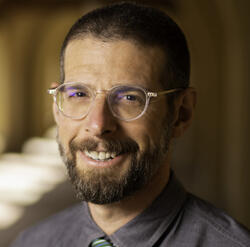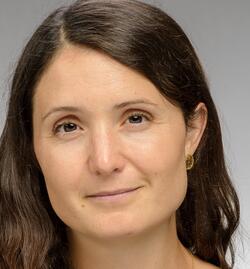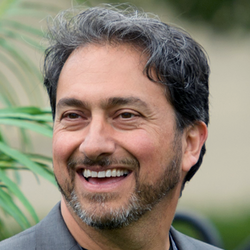Department of Health Policy Symposium: Advancing Health Equity

***
Stanford Medicine's new Department of Health Policy held its inaugural departmental symposium on October 6, convening thought leaders and experts in medicine, law, economics and data science. Speakers discussed innovative policy work and scalable solutions for improving health equity. Panelists addressed how to reduce persistent health disparities from three angles: social determinants of health, technology and innovation, and access and affordability.
Discover the powerful role health policy can serve in ensuring the health of all people, not just a privileged few.
***
Keynote Speaker: Kirsten Bibbins-Domingo, PhD, MD
Talk Title: Building Equity in the Research Enterprise
Editor in Chief, Journal of the American Medical Association (JAMA) and JAMA Network Professor of Epidemiology & Biostatistics and Medicine, University of California, San Francisco
Opening Remarks by Stanford Medicine Dean Lloyd Minor
Terrance Mayes, Associate Dean for Equity and Strategic Initiatives
Panel 1 — Social Policy: Strategies for Addressing Structural Determinants of Health
Moderator

Alyce Adams, Stanford Medicine Innovation Professor, Professor of Epidemiology and Population Health, Professor of Health Policy
Panelists

Jeremy Goldhaber-Fiebert, Professor of Health Policy

Gilbert Gonzales, Assistant Professor at the Center for Medicine, Health & Society at Vanderbilt University

Adrienne Sabety, Assistant Professor of Health Policy
***
Panel 2 — Technology: Optimizing Innovation for Health Impact and Equity

Moderator: Josh Salomon, Professor of Health Policy, Director of the Prevention Policy Modeling Lab
Panelists

Joshua Makower, Boston Scientific Applied Biomedical Engineering Professor, Director of the Stanford Byers Center for Biodesign

Grant Miller, Henry J. Kaiser, Jr. Professor, Professor of Health Policy

Sherri Rose, Associate Professor of Health Policy, Co-Director of the Health Policy Data Science Lab
***
Panel 3 — Access & Affordability: How to Finance and Deliver Health Care Innovations Equitably

Moderator: Michelle Mello, Professor of Health Policy, Professor of Law
Panelists

Nicole Dickelson Cooper, Senior Vice President at UnitedHealth Group

Stacie Dusetzina, Associate Professor of Health Policy at Vanderbilt University Medical Center

Maria Polyakova, Assistant Professor of Health Policy

Vindell Washington, Chief Clinical Officer of Verily Health Platforms and CEO of Onduo
#StanfordHealthEquity
WATCH ENTIRE EVENT HERE
Learn More about Stanford Health Policy
Our People, Our Reserch and Our Mission to Improve Health
Advancing Health Equity Slideshow by Beth Duff-Brown
Accreditation
In support of improving patient care, Stanford Medicine is jointly accredited by the Accreditation Council for Continuing Medical Education (ACCME), the Accreditation Council for Pharmacy Education (ACPE), and the American Nurses Credentialing Center (ANCC), to provide continuing education for the healthcare team.
Credit Designation
American Medical Association (AMA)
Stanford Medicine designates this live activity for a maximum of 4.0 AMA PRA Category 1 CreditsTM. Physicians should claim only the credit commensurate with the extent of their participation in the activity.
***
McCaw Hall, Arrillaga Alumni Center



